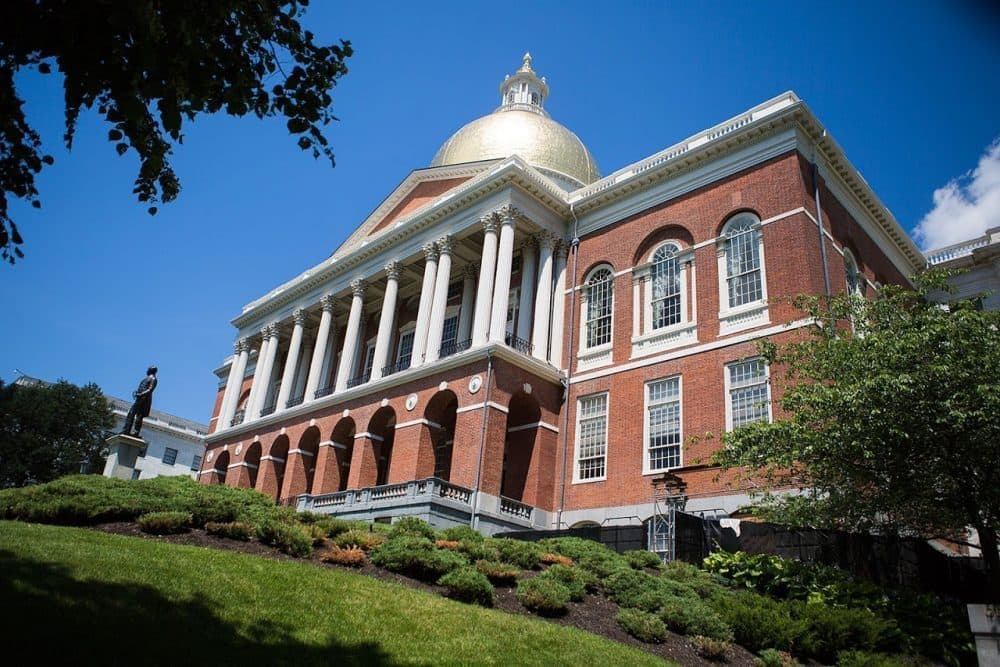Advertisement
Mass. Legislators Fail To Pass Bill Restricting Non-Compete Agreements

Two legislators who tried to negotiate an agreement between the House and Senate on a bill that would restrict employers from imposing non-compete agreements say it foundered over very small, but fundamental differences.
In the end, it came down to how much compensation employees would get if they agreed not to work for a competing company.
Critics Argue Non-Competes 'Lock Up Talent'
At a cafe on Northern Avenue in the Innovation District, Frank Coelho, who works for a medium-size life sciences company, was having lunch with colleagues.
"People have to make a living," said Coelho. He said he believes non-compete agreements are unfair. "You can't shut somebody out where they can't work."
But in Massachusetts, you still can. Despite a grueling weekend of negotiations, legislators failed to reach a long-hoped-for agreement to limit these kinds of contracts.
Negotiators said the House and Senate agreed to a House version of the bill that would have allowed employers to keep former employees from working for competitors up to a year.
Democrat Dan Wolf, of Harwich, one of the Senate negotiators, and also the founder and CEO of Cape Air, would like to eliminate non-compete agreements.
"I think they're immoral. First of all, I think employees or workers should be able to sell their labor on the open market, and there shouldn't be restrictions on what they get for it," he said. "And also it's an inhibitor on the entrepreneurism in our economy."
But Wolf said he could not agree to a deal that did not guarantee that companies pay employees at least 50 percent of their compensation during the year they would not be allowed to work for a competitor. House negotiators would not agree to that.
Advertisement
Several employer associations, including the largest, Associated Industries of Massachusetts, want to preserve non-compete agreements. Christopher Geehern is the group's executive vice president.
"The vast majority of Massachusetts employers," Geehern explained, "believe that non-competes are a key tool to protecting intellectual property and giving employers the confidence they need to make investments that create innovation and new products here in Massachusetts."
Venture capitalists, on the other hand, believe non-compete agreements hold back innovation.
"When you lock up talent to one employer, you stifle the potential for new startups to grow and drive and contribute to the overall economy," said Ari Glantz, program manager at the New England Venture Capital Association.
Glantz remained optimistic the Legislature will eventually restrict these kinds of agreements.
The legislative session ended this weekend. The next legislative session ends in two years, and House negotiator John Scibak, a South Hadley Democrat, worries that by then, a different group of legislators may still not be able to reach agreement on a way to restrict non-compete agreements.
"And in some of the most egregious cases, there are employees of sandwich shops that are forced to sign non-competes," he said. "There are individuals who do internships while they're going to college or graduate school that have been forced to sign non-competes."
Scibak worries that all those people could find their employment options severely curtailed because this legislation did not pass.
This segment aired on August 2, 2016.
